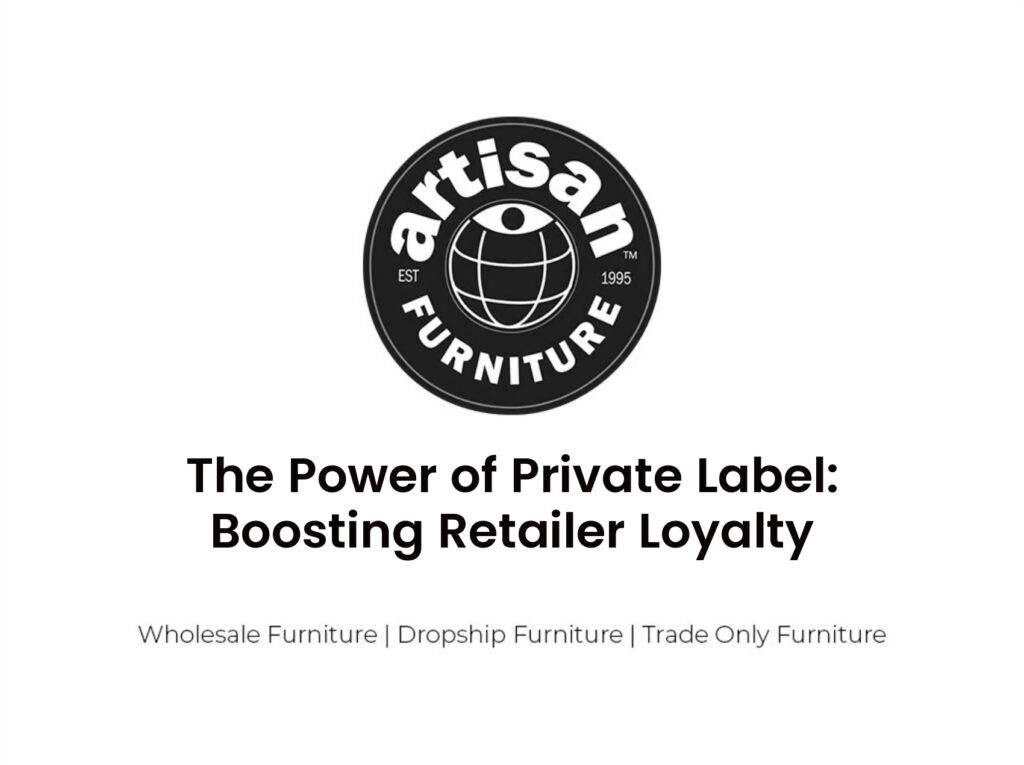The Power of Private Label: Boosting Retailer Loyalty
Private label products have become a powerful tool for retailers to increase customer loyalty and drive business growth. By selling their own branded products, retailers have greater control over production, pricing, and branding. This enables them to establish a positive image in the customer’s eyes and differentiate their products. While private label offerings are experiencing significant growth across various consumer goods categories, there are also challenges to consider, such as competition from established brands. Nonetheless, the power of private label cannot be ignored in boosting retailer loyalty.
Table of Contents
ToggleThe Impact of Private Label on Retailer Loyalty
Private label products have the potential to significantly increase retailer loyalty and create a strong bond between consumers and the retailer’s brand. When consumers choose private label products, they are actively choosing to support the retailer’s brand over well-known national brands. This demonstrates a higher level of trust and loyalty towards the retailer. By offering private label options, retailers can differentiate themselves from competitors and provide unique products that cannot be found elsewhere. This exclusivity can lead to increased customer loyalty and repeat purchases. Additionally, private label products often offer better value for money compared to national brands, further incentivizing consumers to choose them. Overall, private label products have the ability to foster a sense of loyalty and connection between consumers and retailers, ultimately benefiting both parties.
Strategies for Building Retailer Loyalty Through Private Label
To build loyalty among retailers, implementing effective branding and marketing strategies for their own branded products is crucial. Retailers can differentiate themselves by creating a positive image and positioning their private label products as alternatives to well-known brands. By focusing on quality and brand positioning, retailers can compete with established brands and attract customers. It is important for retailers to understand the growth and opportunities in the private label space, as consumers are increasingly open to switching to private label brands. Categories such as frozen food, fresh food, household items, and personal care offer a range of choices for consumers. However, retailers should also be aware of the disadvantages and risks of private label, such as competition from larger brands and dependence on a single manufacturer. By carefully considering these factors and implementing effective strategies, retailers can successfully build loyalty through their private label products.
Case Studies: Successful Examples of Retailer Loyalty Boosted by Private Label
Implementing effective branding and marketing strategies has proven to be successful in boosting retailer loyalty through their own branded products, as demonstrated by several case studies. For example, a major grocery chain saw a significant increase in customer loyalty after introducing their private label line of organic products. By promoting the quality and affordability of their own brand, they were able to attract and retain customers who were seeking healthier options. Similarly, a clothing retailer experienced a boost in loyalty when they launched their private label collection, offering stylish and affordable clothing that rivaled well-known brands. Through targeted advertising and social media campaigns, they were able to create a strong brand identity and cultivate a loyal customer base. These case studies highlight the power of private label branding in fostering retailer loyalty and driving business success.
Overcoming Challenges: Maximizing Retailer Loyalty With Private Label
Overcoming challenges in maximizing retailer loyalty with their own branded products requires strategic branding and marketing efforts. Retailers face the challenge of competing against well-established brands with larger branding budgets. They must find ways to differentiate their private label products and convince customers to choose them over more popular options. Limited availability of private label products compared to well-known brands can also pose a challenge. Retailers need to ensure that they have a consistent supply of their private label products to meet customer demands. Additionally, dependency on a single manufacturer exposes retailers to financial risks. Issues with product delivery or quality from the manufacturer can greatly impact the success of the private label. Therefore, retailers must carefully consider these potential drawbacks and develop strategies to mitigate risks in order to maximize retailer loyalty with their private label offerings.
The Future of Retailer Loyalty: Leveraging the Power of Private Label
Leveraging the advantages of private label products can help retailers establish a competitive edge in the future of customer loyalty. As consumers continue to seek unique and value-driven options, private label products offer retailers the opportunity to differentiate themselves from their competitors. By offering their own branded products, retailers can have greater control over production, pricing, and branding, allowing them to tailor their offerings to meet the specific needs and preferences of their target customers. This not only boosts customer loyalty but also raises brand awareness for retailers. In addition, private label products provide retailers with the flexibility to quickly respond to changing market trends and demands, allowing them to stay ahead of the competition and further solidify their position in the market. As the future of customer loyalty evolves, retailers who embrace private label products will be well-positioned to thrive.


